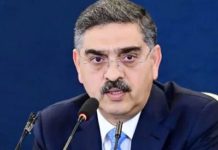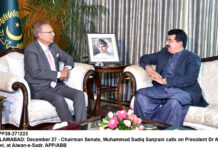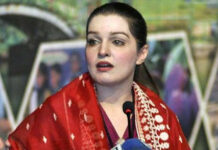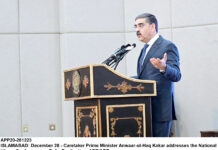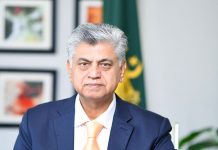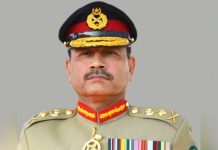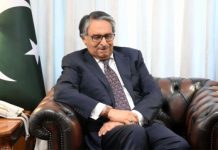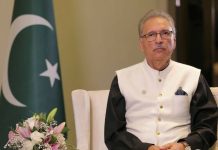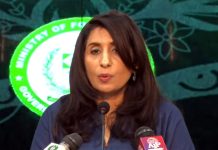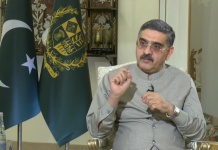
At least 240 people have died and 8,000 been wounded since demonstrations broke out on October 1 over unemployment and corruption, before evolving into calls for the government to quit.
Sadr, a Shiite religious leader and ex-militiaman with a cult-like following in parts of Iraq, has spearheaded demands for Prime Minister Adel Abdel Mahdi’s resignation and early parliamentary elections.
On Tuesday, he was spotted by an AFP correspondent amid thousands of anti-government demonstrators in his native Najaf, a holy city in southern Iraq.
He was seen driving a white car, shortly after airport sources told AFP he had landed from neighbouring Iran.
Sadr himself is one of the current government’s two main sponsors, after his Saeroon bloc won the largest share of parliament’s 329 seats in a vote last year.
But he tweeted in support of an initial six-day wave of protests that rocked the country early this month and resumed last week.
Sadr fires back
On Tuesday, he invited rival Hadi al-Ameri, who leads the second-largest parliamentary bloc Fatah, to secure the votes needed for snap elections.
Hours earlier, Abdel Mahdi had sent an open letter to Sadr dismissing his calls for the premier to resign and challenging him to find a political solution.
“If the goal of elections is to change the government, then there is a shorter way: for you to agree with Mr. Ameri to form a new government,” Abdel Mahdi wrote.
That government could then begin work within “days, if not hours,” said the premier.
Later, Sadr shot back: “I thought asking you to call for early elections was a way to preserve your dignity.”
“But if you refuse, I call on Hadi al-Ameri to work together to withdraw (parliament’s) confidence from you immediately,” he wrote on Twitter.
That would necessitate early polls.
Sadr and Ameri formed a strained alliance to bring Abdel Mahdi to power last year, but have found themselves on opposite sides of this month’s protests.
Fatah is the political arm of the Hashed al-Shaabi paramilitary force, which has publicly backed the government.
Several Hashed offices were torched in southern Iraq last week in what observers said was an escalation of that rivalry.
There was no immediate comment from Ameri on Sadr’s invitation.
Abdel Mahdi has thus far ignored calls from parliament for him to come in for questioning “immediately”, a day after it agreed to explore early polls and constitutional amendments.
‘Stay home? No way!’
The chaotic protest movement is unprecedented in Iraq, both because of its apparently independent nature and the ensuing violence.
The first burst of protests from October 1 left 157 people dead, mostly protesters in Baghdad and at least 83 more have died in a second wave starting Thursday.
They included at least one protester killed overnight in the Shiite holy city of Karbala, according to the Iraqi Human Rights Commission.
The city’s forensics chief told AFP a 24-year-old had been shot in the head, but the governor and security forces said it was “categorically false” that anyone had died.


